Water Cooled Central Air Conditioner?

I am thinking about buying an old house that has a “water-cooled central air conditioner”. It was described to me that cold water runs thru something in the furnace and the furnace blower circulates this cooled air.
Anybody heard of this? Does it work? Comments?
Thanks.
Paul
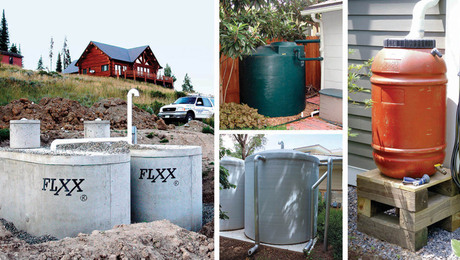

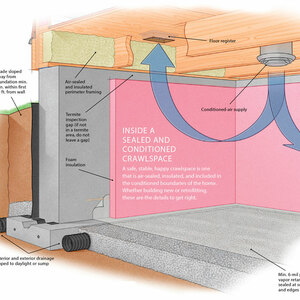

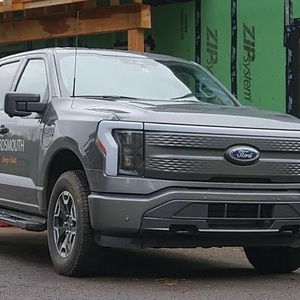
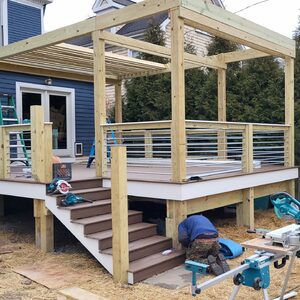



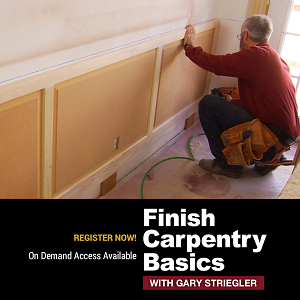





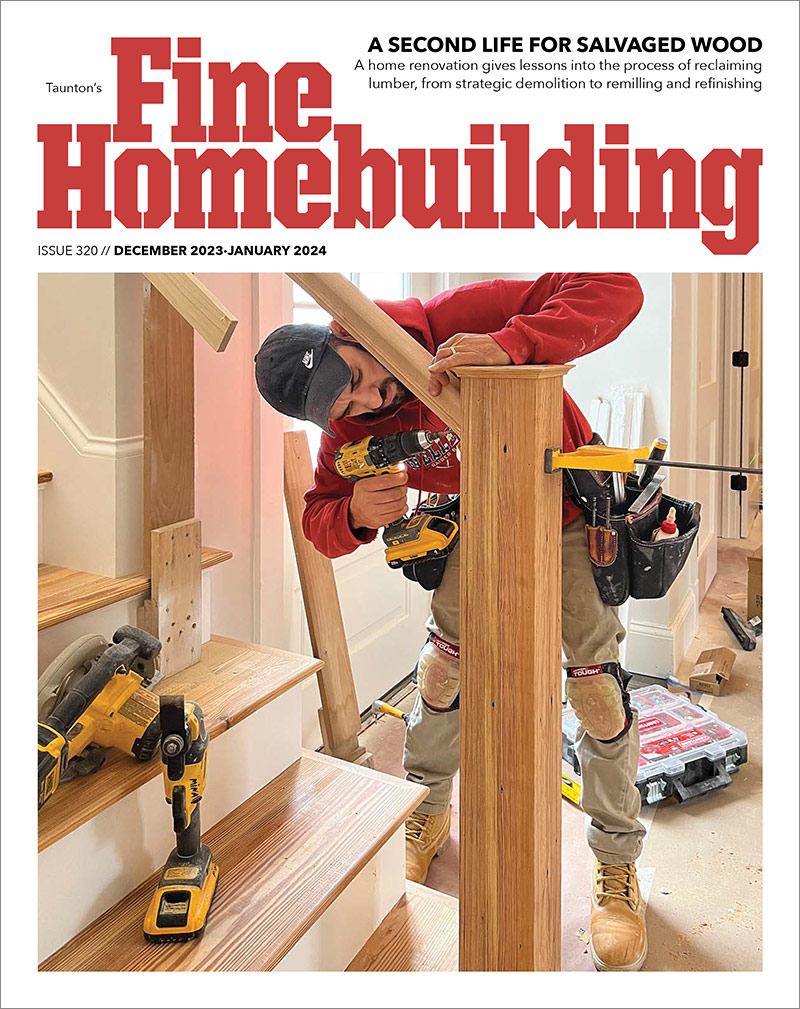
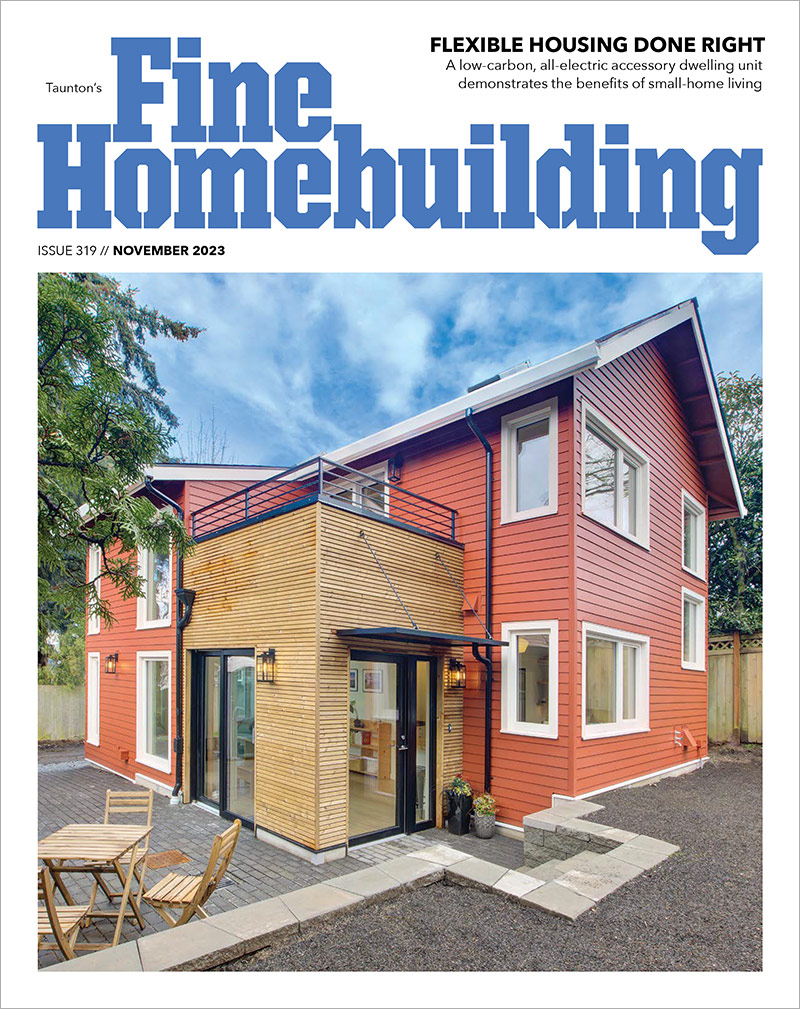

Replies
It's the way many large commercial ACs work. Probably fairly inefficient in a residental setting, though one would have to see the full setup to say for certain. Almost certainly more expensive to maintain and repair, though.
Of course, it's possible that they've just mis-described a ground-source or water-source heat pump system. These are generally quite efficient (though, again, expensive to maintain and repair).
Sounds like a swamp cooler, though I've never used one that goes thru the furnace.
What area of the country do you live in?
Yeah, Barry's right -- could be a swamp ("evaporative") cooler.A better description of the unit (and where you're located) is needed before we can get into much more detail.
If Tyranny and Oppression come to this land, it will be in the guise of fighting a foreign enemy. --James Madison
Thanks for the help. I don't know much more about it except there is NO condensor or refrigerant lines anyplace. I am having someone look at it Tuesday.
It seems doubtfult that this is a swamp cooler as others have suggested, since it is described as being within the furnace. There are residential chillers, which use a compressor and freon to chill water/antifreeze which is then circulated through a coil in the air handler. Unico has recently (within the past several years) started offering a chiller (Trade name Unichiller) for use in their high velocity systems. Additionally there are other brands which offer this tecnology for residential use. One of the main benefits is that the compressor can be located much further from the air handler, use much less freon, and are a sealed system like a refrigerator or window airconditioner. I have looked at these systems, and have not seen any indication that they are less efficient, or that they require more maintenance. I would think, based on the technology, that they would be easier and less expensive to maintain, but that is just my guess.
John
They will be more expensive to maintain and repair parts will cost more simply because they're rare. Also, they have more parts to fail (the freon/water heat exchanger and the water pump).How significant the difference is is hard to say.
If Tyranny and Oppression come to this land, it will be in the guise of fighting a foreign enemy. --James Madison
Not to disagree, but how often would a heat exchanger fail? And with much less length of freon lines it is much less likely to develop a freon leak (which is what I have traditionally had to have fixed). The other parts are standard with any system, and should not be any different, with the exception of the pump, which is a standard and very reliable item.
John
Not neccessarily more expensive to maintain, but an additional step in maintenace is required. A closed loop chilled water system needs to have the loop checked for specific gravity (like checking your automobiles coollant) and fluid level. There is also a circulating pump in the system that needs to be checked and/or lubricated.
Other than that the gas side of the system would not be much different than an regular a/c unit.
Dave
I've seen a residential water cooled AC system before, there's a company in Austin Tx that sells them. Works very well in hot, humid climates. They use a small cooling tower to chill water, which is then used to remove heat in the condensor. The rest of the AC system is the same.
my office building has a boiler/chiller hvac system... 4 pipe so that some of the building can have heat while others have cool... ... you can do 2 or 3 pipe but not as much flexibility...
seems to not use much energy as my bills i think are pretty low for the space... it's a 40yo system... and not too much trouble...
water tower... compressor/chiller boiler and some pumps... alot of 2 coil AHU's thermostats in each space control a valve 2 one hot water one chilled (24v) that allows water (heated or chilled) to pass thru the desired coil... blowers run all the time cept I have em on a timer so that they shut down at nite but you need the air movement even if the air isn't conditioned (very tight building) i have problems with condensation leaks... and dirty coils that basiclY pull a vac and won't let the pans drain... but the time clocks on the blowers have helped this ... and me clean'n alot of coils... other than that blower motors, pump motor, fan belts & bearings... pretty simple system... for the most part i maintain it with advice from friends...
p
I build homes in Austin and have used this system in two houses and they are terrible. I have a friend who has had similarly bad experiences with even more of these. The company is horrible to work with and the guy designs systems by the seat of his pants. The SEER rating is misleading because it doesn't calculate the energy used by the water pump. These systems are cobbed together from swimming pool parts and I would never allow another client to install one in their home. We are waiting for the last one I installed to totally die so it can be ripped out and replaced with a legitimate system. I won't mention the guy by name but if he wants to defend his BS here I will take him on with a vengeance. He does have a few architects fooled.
I have posted here many times and this is the first time anyone here has seen this side of my demeanor as far as I can recall. I feel that strongly about this.
There are some well designed and manufactured water source cooling systems on the market but not by the guy in Austin TX.
My parents had one in the '70s, hooked up to the municiple water supply (roughly 60ºF) and used a tiny trickle of water and it was near boiling (about 195ºF at peak usage) when it went down the drain. A solanoid turned the water on with the air-conditioner.
The city stopped aproving new installations some time after that because they were concerned that it was wasting good drinking water and because while 1 unit uses a tickle, thousands of units would use a LOT of water. But lots of these units were, and still are installed as pool-heaters (heats pool, cools house, good deal).
As an aside, the IBM building I first worked in had water cooled air-con that was converted to use a chiller as a source.
Phill Giles
The Unionville Woodwright
Note that there are three distinctly different systems that have been discussed here:"Swamp cooler" -- air blows through a humidifier of sorts. Cools and adds humidity. Good in arid climates. Lousy in humid climates. Limited capacity.Water-sourced AC -- the condenser coil of a conventional freon closed-loop AC is chilled by water rather than air. In commercial setups the "used" water is recirculated through cooling towers, in home setups it's apt to be run down the drain. More efficient than air-sourced systems.Chilled water system -- water is chilled by a "chiller" (generally a freon system, perhaps water sourced) and then is pumped through the air cooling coils in the building. Good for long distances between condensor and air handler. Does not cool air as low as conventional freon system and hence may not control humiditiy quite as well.
If Tyranny and Oppression come to this land, it will be in the guise of fighting a foreign enemy. --James Madison
"Water-sourced AC -- the condenser coil of a conventional freon closed-loop AC is chilled by water rather than air. In commercial setups the "used" water is recirculated through cooling towers, in home setups it's apt to be run down the drain. More efficient than air-sourced systems."Or wells.Lot of building in downtown Louisville used to use ground source water from a underground river that is south of the Ohio.
Accurate up to ...."Does not cool air as low as conventional freon system and hence may not control humiditiy quite as well."
A chilled water system cools air every bit as effectively as a DX system, in most cases, more so, and usually has much better humidity control.
Well, on the several occasions (different buildings, different employers) when I've asked TPTB why humidity can't be controlled better, the answer has always been "Because this is a chilled water system".
If Tyranny and Oppression come to this land, it will be in the guise of fighting a foreign enemy. --James Madison
The biggest single factor effecting chilled water systems in commercial buildings is improper or non operating ecconomizers. That is the 10 to 15% outside air that is required to keep the building "healthy." Those outside air dampers seem to be the most neglected part of the systems.
No matter how much cold air you can produce at the AHU, if those fresh air dampers are stuck, inoperatable, or not ramping open/closed in coordination of the building load and AHU they just never seem to get ahead of the humidity curve. Then you throw in night set backs and lower loads at night and you can really get the building environment out of wack.
Dave
I don't know what a "TPTB" is, but they gave you an incomplete answer. The rest of the answer is..."and I don't have a clue how it should be operated."
My experience has been, in the absence of system, component or controls failures, a chilled water system is very flexible and very capable of controlling temperature and humidity. It has the advantage of being able to overcome poor (i.e. over..)sizing, unless gross error is involved.
The Powers That Be.
If Tyranny and Oppression come to this land, it will be in the guise of fighting a foreign enemy. --James Madison
i think what your parents had was a "water cooled compressor" i use to see these alot in commerical ice machines in bars & rest... reason it seemed was... air cooled coils would get so clogged up with kitchen grease & no one cleaned em... i use to put ac filters on mine to help that some... but those jokers would run up a water bill quick... always thought one would be good at a lake house where you could pull all the water you wanted from the lake... the maint with freeze'n would have been a bear ... but now with pex it might not be so....
p
Interesting - I wonder if you could feed your water heater tank instead of the drain with that heated water?Rebuilding my home in Cypress, CA
Also a CRX fanatic!
There is (or used to be) a combo chiller/water heater sold for dairy and similar applications.
If Tyranny and Oppression come to this land, it will be in the guise of fighting a foreign enemy. --James Madison